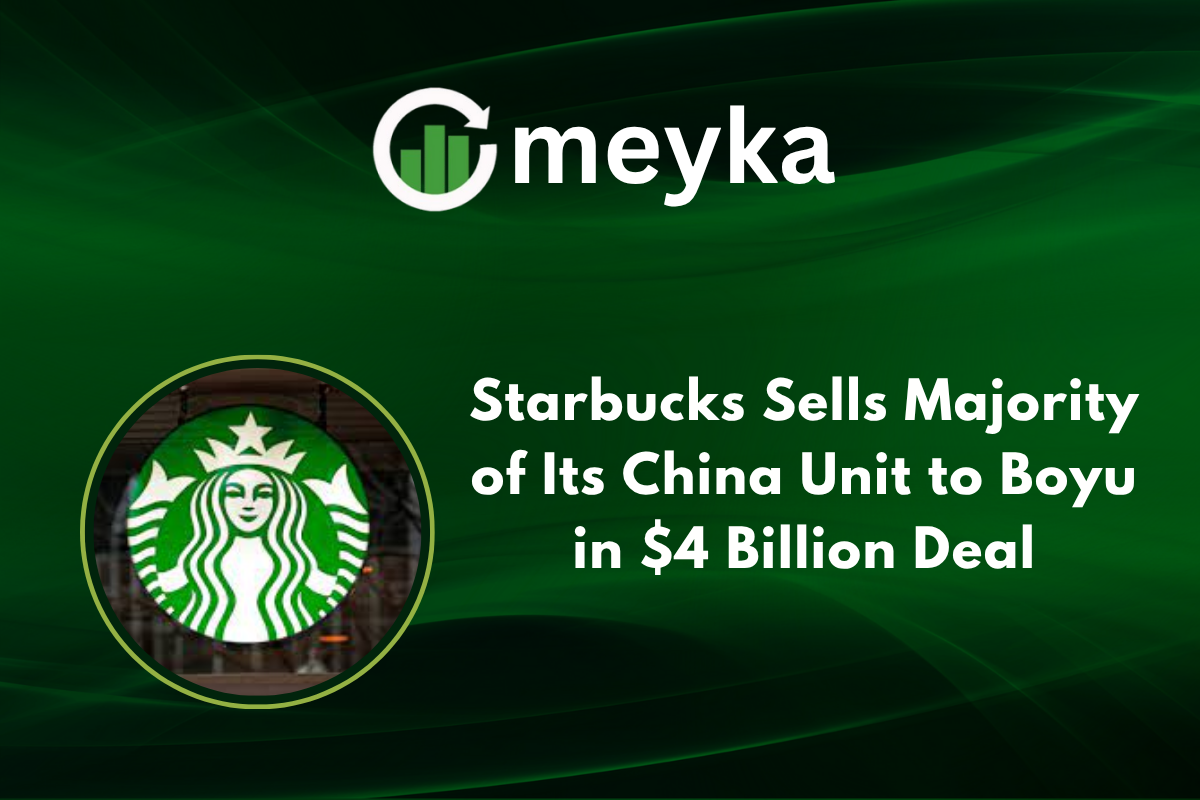Starbucks Sells Majority of Its China Unit to Boyu in $4 Billion Deal
Starbucks has agreed to sell a majority stake in its China business to Boyu Capital in a deal valued at about $4 billion. The move gives Boyu up to 60 percent control of Starbucks retail operations in China, while Starbucks will keep a 40 percent stake and continue to own and license the brand in the country.
Continue Reading on Meyka
This article is available in full on our main platform. Get access to complete analysis, stock insights, and more.
Read Full Article →





